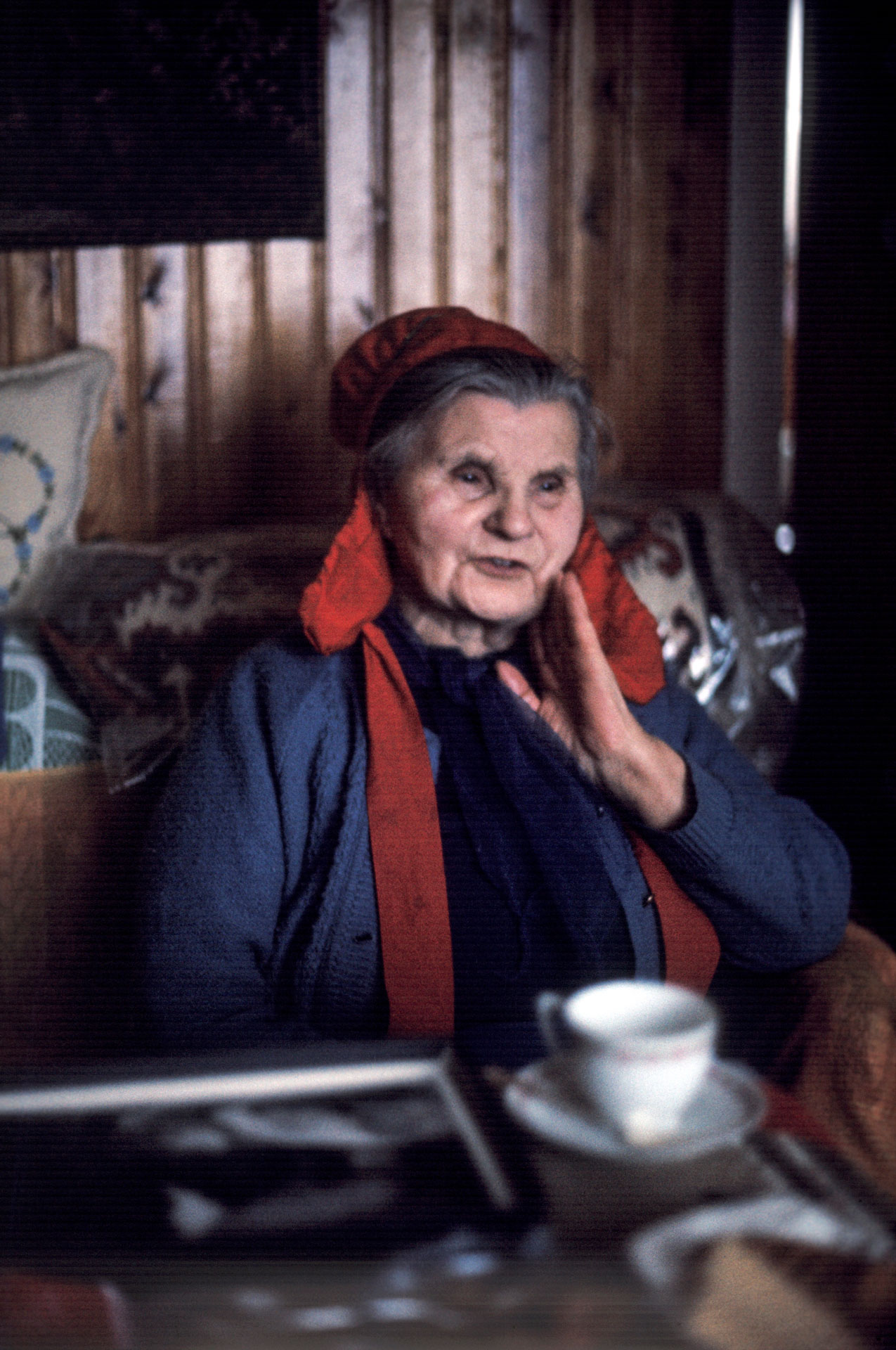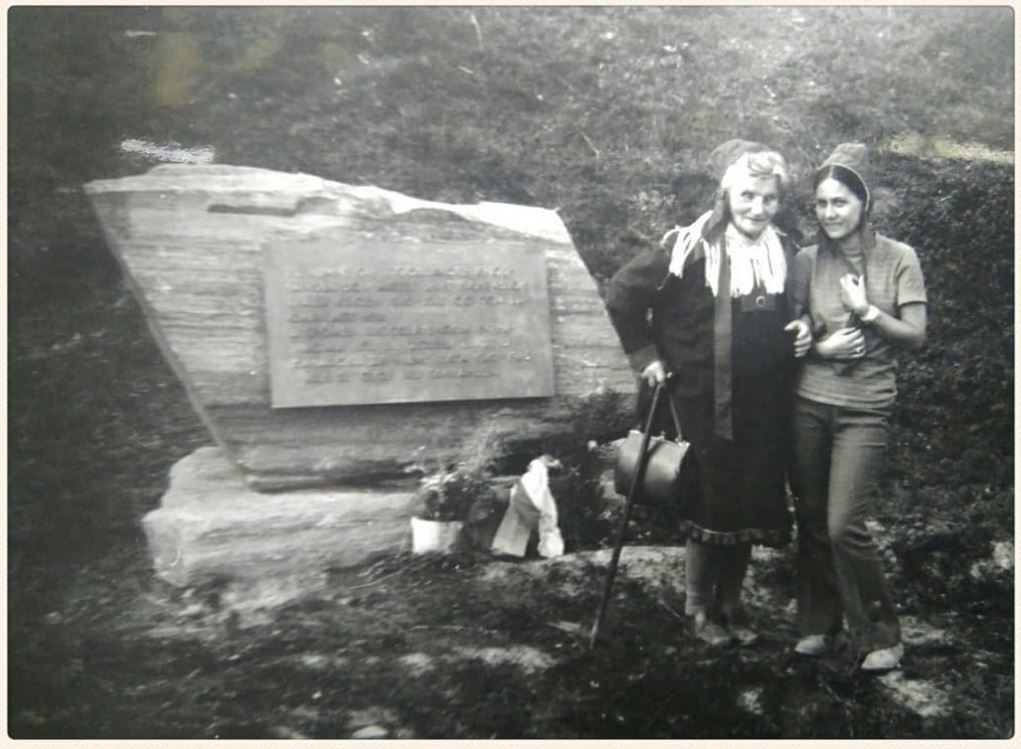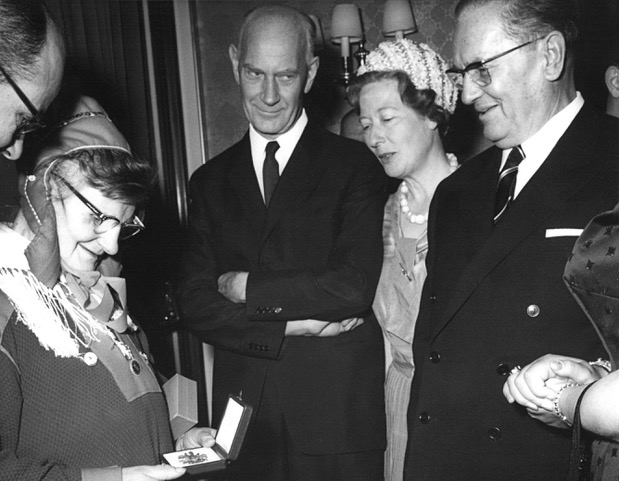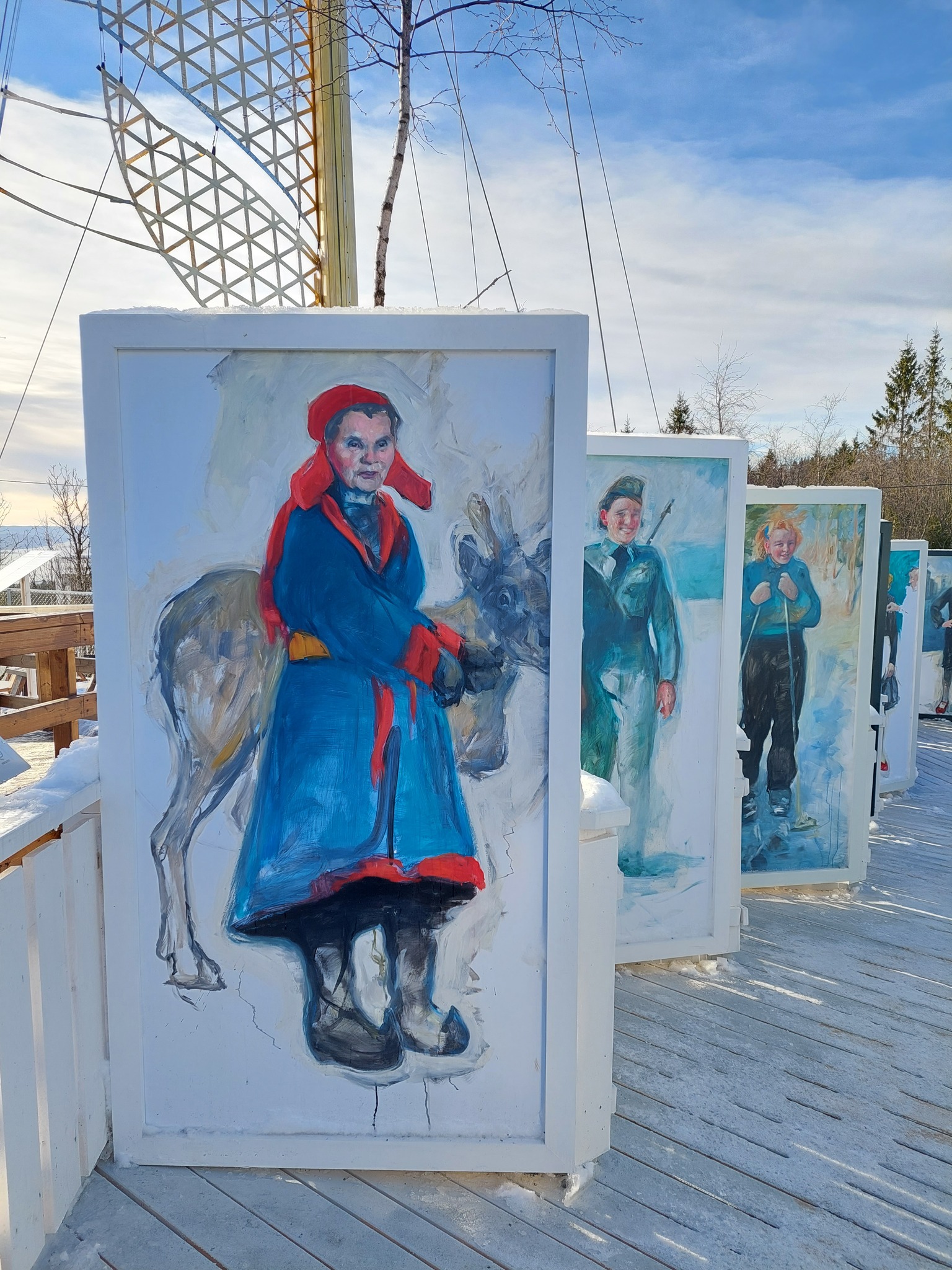“Mama Karasjok” – Nordic Example of Solidarity
Thousands of politically undesirable people from different parts of Europe were transported, exploited, and killed in Norway while it was occupied by Nazi Germany between 1940 and 1945. Over thirty camps for internees from the former Kingdom of Yugoslavia were set up all over Norway following a deportation operation that was coordinated by the head of the Ustasha Surveillance Service (UNS), Eugen Kvaternik, and the SS und Polizeifuhrer in Serbia, SS Grupenführer August Mayszner. The internees were exhausted by hunger and hard physical labour, abused and murdered.
Even though it was strictly forbidden and punishable, the local population living near the camps showed not only sympathy towards Yugoslav internees but also offered them practical support and assistance: supplying them with food and medicines, passing them information, hiding them or helping them escape from the camps. Old and young, men and women, even children; peasants, working people and intellectuals, all participated actively in solidarity with the people from a distant, unknown land.
One of them was Kirsten Elisabeth Svineng (7 December 1891 – 4 May 1980), called “Mama Karasjok” by Yugoslav internees in Karasjok Camp, who lived on a farm outside Karasjok in Finnmark. She belonged to the Sami minority, a people who had been racialized and discriminated against in the Nordic countries for centuries. She was often around when starving, exhausted internees from the camp were passing by. By the side of the road – known as the “Bloody Road” – which they were forced to build towards the Finnish border, beneath a rock, they would find odd bundles of food – potatoes, pieces of bread, or dried fish. Those who escaped would take shelter in her house and receive warm clothing and food. She put her life on the line by feeding Yugoslav prisoners of war behind the backs of prison guards.
Many of those who survived the war kept contact with Kirsten. In 1957, a letter arrived from Yugoslavia with a special thank you to “Mamma Karasjok” for the help she had given the prisoners. She was invited to Belgrade as a guest of honor. In 1965, Josip Broz Tito awarded her a high-ranking medal. The ties of solidarity between Yugoslavia and Norway were further strengthened through the Yugoslav-Norway Friendship Association, which organized annual meetings and commemorative WW2 resistance-related hiking trails in both countries. Today, this story of resistance and Kirsten Svineng’s role in it is much better known in Norway than in former Yugoslavia.
Sanja Horvatinčić & Nataša Mataušić





